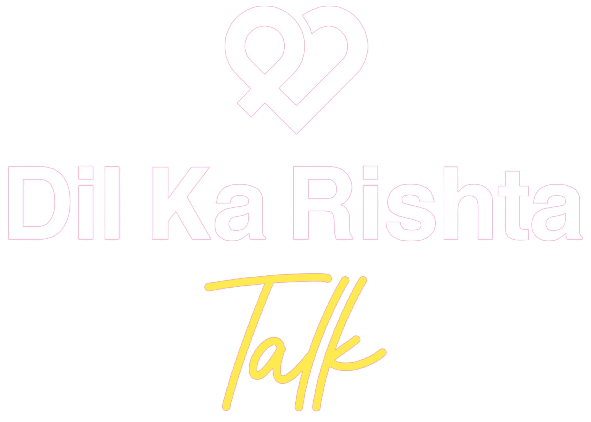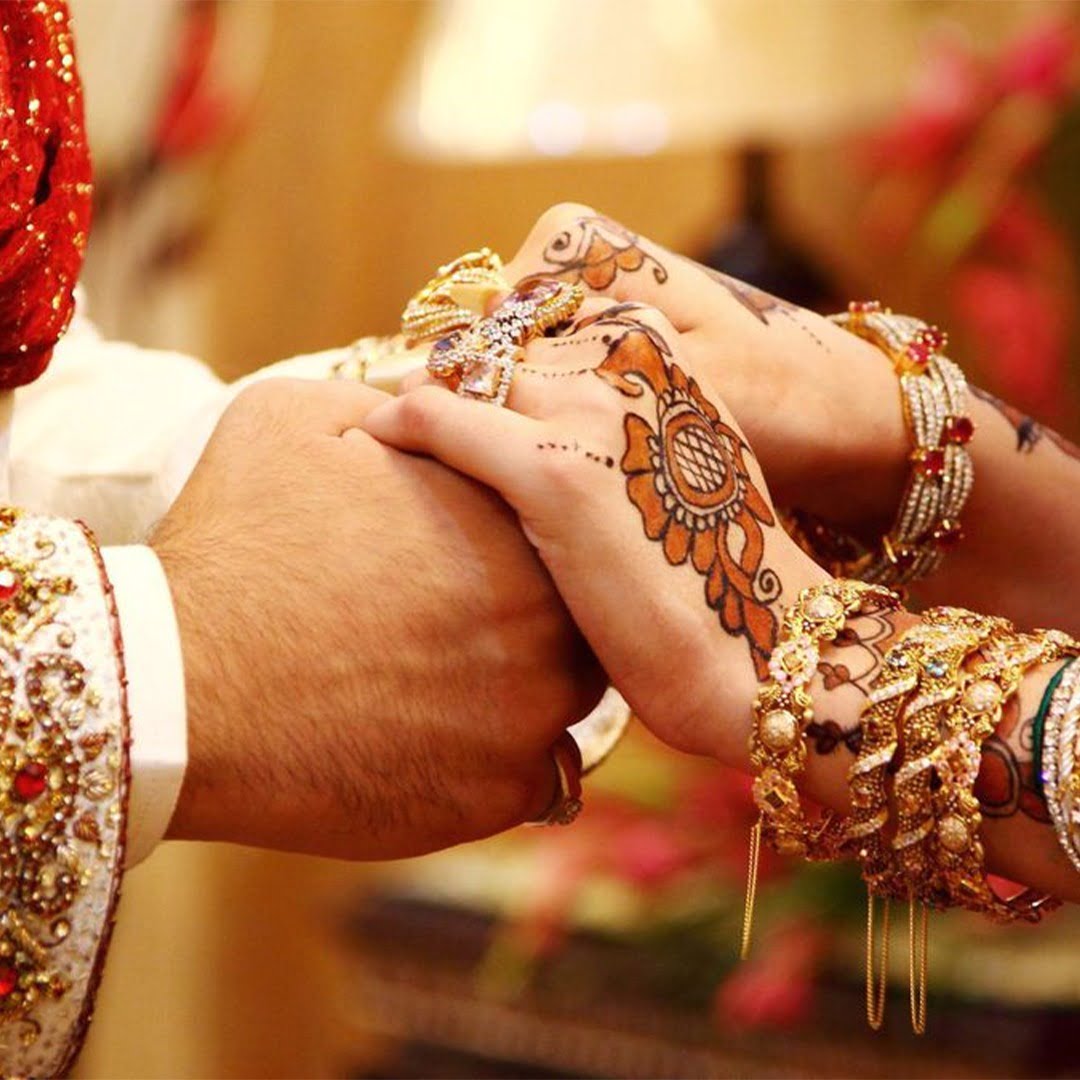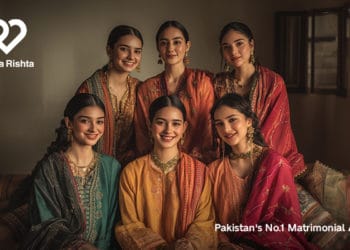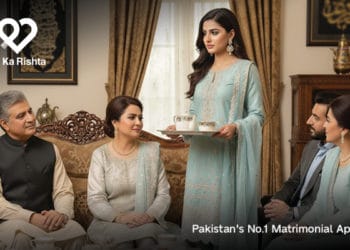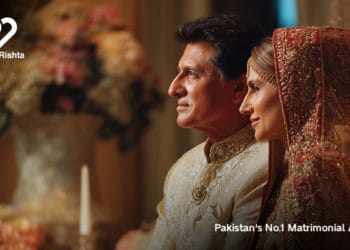Weddings in Pakistan are usually a much-awaited event in one’s life and for some, on their social calendars. It is a celebration of two families entering into an eternal bond coexisting in a mutual social stratum through same socio-economic backgrounds etc. It takes two to tango, we have all heard that phrase. Similarly, it takes two to make a relationship work as well no matter what adversity they face in its course. One has to put in a lot of effort to make things work as it is never a one-way traffic.
As deeply rooted as it is in our society, the union of two souls is divided over the labels of love and arranged marriages in Pakistan. Why? Well, is there any other way one gets married? As for our Pakistani society, it will always have opinions. They’ll call you rebellious if you marry for love. They’ll call you boring and old school if you marry according to your parents’ wishes.
Why are love marriages frowned upon in our society?
While many still opt and wish for it, many still frown upon it. Why? As a matter of psyche, look down upon it with contempt in eyes. Our society is too quick to jump and defend the choice that their children eventually make.
“Hamara beta tou buhat farmabardaar hai, hamari he pasand ki larki se shadi kar raha hai.”
“Aap ki beti ne love marriage ki hai?”
As much as people view it as an act of rebellion by the couples, others in the house instantly feel insecure by the step. They think a woman added to the family through love marriage would take over and take down the system of the entire house when that might not even be the case. A woman really has to fight for her chances and place in such a step and even though she chooses love over everything else, it is not enough to conquer her territory. It has been seen in many cases that many Pakistani parents take opposing love marriages as a sign of correct parenting.
But Are Arrange Marriages the Only Way to Be?
Arranged marriages are arranged by the elders of the house and seen as a matter of pride in the society to establish their hold on their house. The breadwinner thinks he knows the best for their child and what would keep the family together, therefore a partner of their choice for their son is the most important decision they take and stand by it. For them, a partner found of love will not be able to abide by their rules and traditions and take the house down with them. Such families are not even independent in decision making. In arrange marriages, families or the elders think that they know when to intervene if things go wrong. They have an upper hand in matters that hold importance in binding the house together.
But while there aren’t any steadfast rules to keep a house together, the question whether what works best for couples still remains largely debatable. More so because of the general perceptions that the society adheres to. What the society needs to learn largely is that understanding your partner emotionally and physically in a companionship is more important than upholding the ‘values’ that come with the arrange marriage tagline.

